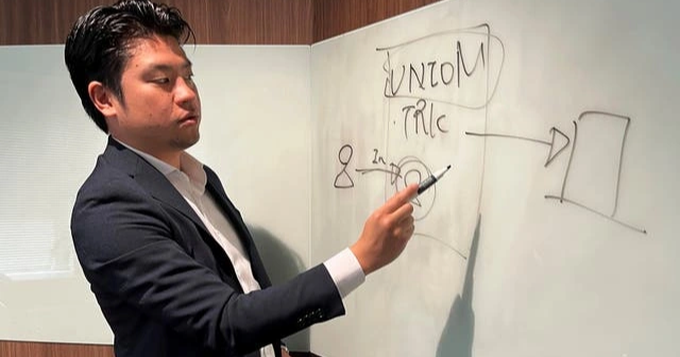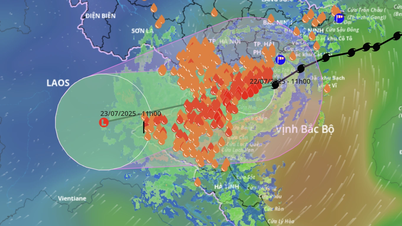Quitting is betrayal
Criticized for his sales performance, Twichan (living in Japan) became so depressed that he considered committing suicide.
Then he tried to calm down and turned to "Guardian" - a service that helps many people resign as smoothly as possible. In just 45 minutes, his problems were solved. Twichan was also able to quit his job without feeling pressured.

Japan is famous for its stoic work culture (Photo: Japan Times).
Not only him, Taku Yamazaki also intends to quit his job at a large company. "I feel very grateful, indebted to the place I am leaving, but I want to change my spirit and move forward as soon as possible," Taku said.
Despite his concerns that his departure would be complicated and time-consuming, Taku felt relieved after using the above service.
In Japan, most employers cannot accept that someone they have trained will quit. As a result, employees feel guilty and are unable to talk to their bosses. Even after they quit, they are afraid of being harassed or hearing negative comments about their family and friends.
From that mentality, the keyword "taishoku daiko" or "job-leaving agent" (job-leaving service) became more popular than ever.
Ms. Ozawa, who wrote a book about this "strange" service, said changing jobs is a big challenge in Japan. With a labor shortage, finding and training a replacement will be very difficult for employers.
Yoshihito Hasegawa, head of the resignation service, said the company has helped more than 13,000 clients. Most of them think that quitting their jobs means betrayal.
"Dealing with a layoff is similar to divorce. Our clients are like pilots sent on suicide missions in the final days of World War II. But that's the way things work, young people are taught to respect their elders," he said.

Mr. Oshihito Hasegawa (Photo: Yuri Kageyama).
Earn millions for each "suicide mission"
Founded in 2020, Guardian offers a service that helps people quit their jobs and can earn 29,800 yen (about 4.9 million VND) for a "deal". The service's main target customers are people in their 20s and 30s.
Generally, customers of this service work for small and medium-sized businesses, but sometimes also for large companies. These include people working in clinics, corporate offices, and even convenience store or restaurant employees.
Of these, half of the clientele are female. Some of them usually work for 1-2 days, then want to quit because they discover problems with salary and workload that are not as discussed or envisioned initially.

Lawyer Akiko Ozawa earns 65,000 Yen (about 106 million VND) for her service of helping others resign (Photo: AP).
Albatross, a job-resignation support company that specializes in "MoMuri," or "can't stand it anymore," can also earn 22,000 yen (about 3.6 million VND) for full-time workers; 12,000 yen (about 2 million VND) for part-time workers.
Workplace problems have been around for a long time, but people are only now realizing they can get help online, said Shinji Tanimoto, the company's founder.
"Many people say that after they quit their jobs, they can sleep comfortably. They thank us all the time," said Shinji Tanimoto about MoMuri's customers.
Toshiyuki Niino is known to be the one who founded Exit Inc in 2018. This is a leading company in the field of helping others quit their jobs.
“I am proud to have initiated this type of service,” he said.
Anh Thu
Source link





































































































Comment (0)